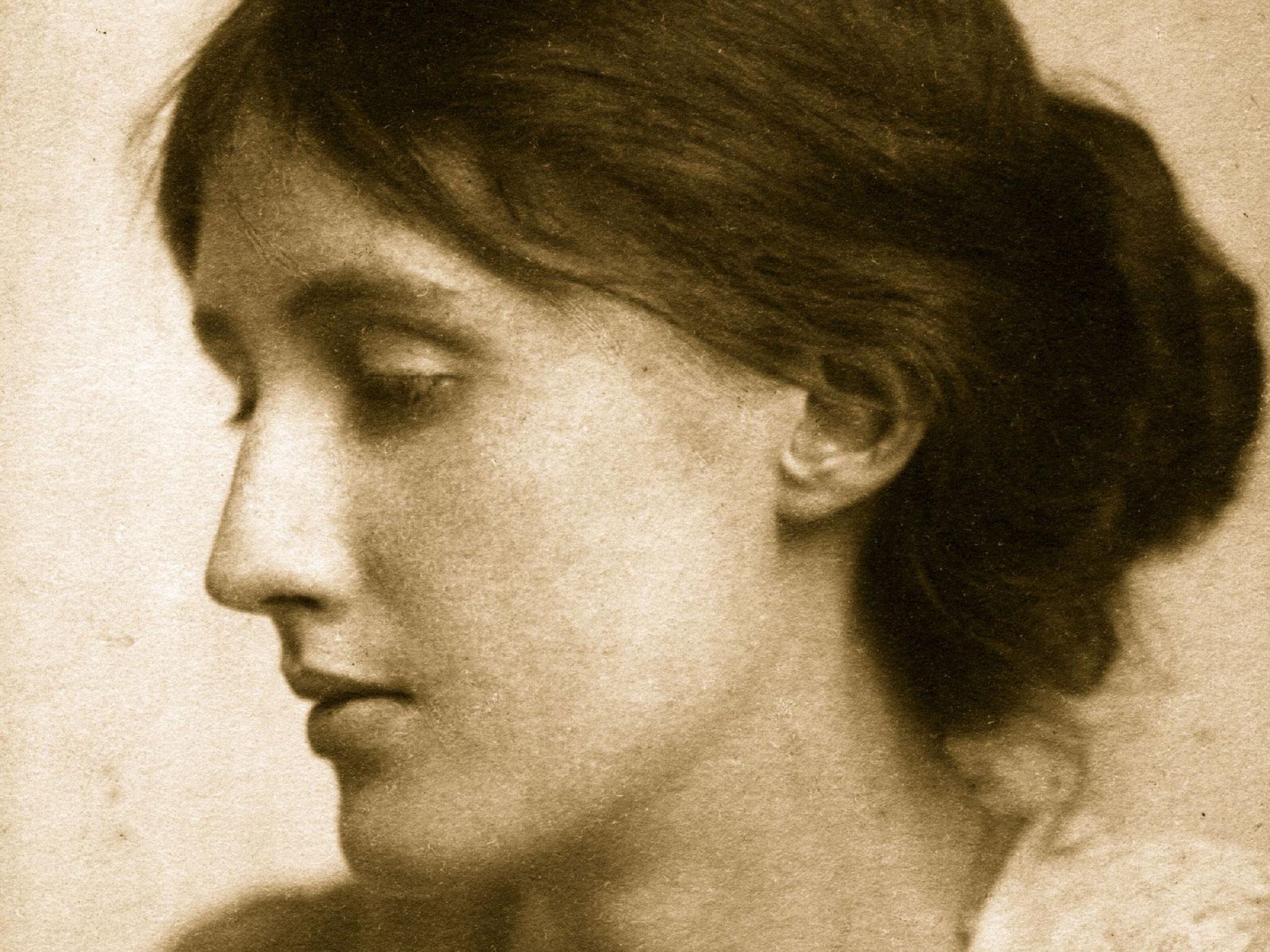Mrs Dalloway by Virginia Woolf, book of a lifetime: Drawn in from the very first sentence
If Mrs Dalloway is a book of a lifetime - it is a book for a lifetime too

When I was 17 or thereabouts, I began to suspect (with no small dread) that I might be a writer. I hadn't a clue how this would come about but presumed I would have to wait until I had found a bigger life: the sort of life that had brought about the novels I had been reading. I would need to get down and out in Paris perhaps; or find Grand Central Station, where I could sit down and cry. It all seemed way beyond my reach, so I decided to put matters on hold.
About a year later, I picked up a book called Mrs Dalloway. I presumed it must be a book aimed at old ladies, a sort of novelistic Woman's Weekly. Who was this woman anyway? And why did she have to buy flowers herself – or even buy flowers at all? No woman I knew in 1970s Dublin ever bought flowers, unless they were going to a funeral. And yet, there was something in that very first sentence, those few opening notes. My ear was drawn in … and then bang! Suddenly, I was inside this woman's head. I was a camera slotted behind her eyes; an eavesdropper on her innermost thoughts. I was with her every step of the way.
Inspired by Woolf, encouraged by Joyce who had already created Leopold Bloom for Dublin, I have approached almost all of my novels in this fashion: take one location on a particular day, spread it out on the writer's workbench of my mind, lower my character into it, insert camera and listening device and … let 'em at it. When choosing a book for this piece, I wavered between Mrs Dalloway and Ulysses – two great city books. I have chosen the former because ultimately Joyce's Dublin, for all its magnificent women, is a city that beats with a masculine heart and thinks with a masculine mind. Mrs Dalloway's London, on the other hand, is all woman. Of course, there are male characters – think of poor Septimus Smith, the broken flower of English post-war manhood – but biologically and emotionally, from first sentence to last, Mrs Dalloway is a female experience.
When I first read it I was the same age as Clarissa's daughter Elizabeth, and every time I have read it since I have related to another woman whose age has coincided with my own. Now I am Clarissa's age, with more years behind than before me. If I am lucky I could make it to the age of Helen Parry; then her concerns would be my concerns. If Mrs Dalloway is a book of a lifetime – it is a book for a lifetime too.
Christine Dywer Hickey's novel is 'The Lives of Women' (Atlantic).
Subscribe to Independent Premium to bookmark this article
Want to bookmark your favourite articles and stories to read or reference later? Start your Independent Premium subscription today.

Join our commenting forum
Join thought-provoking conversations, follow other Independent readers and see their replies